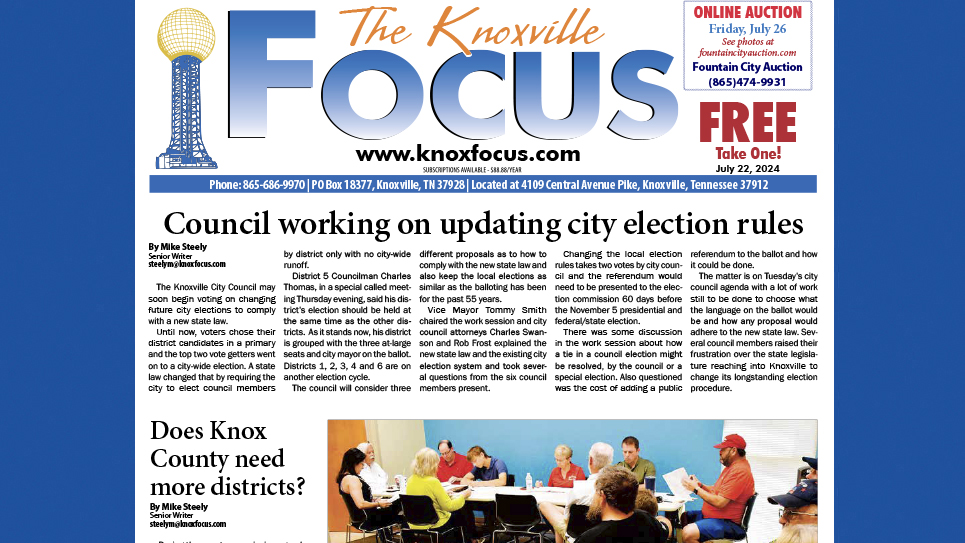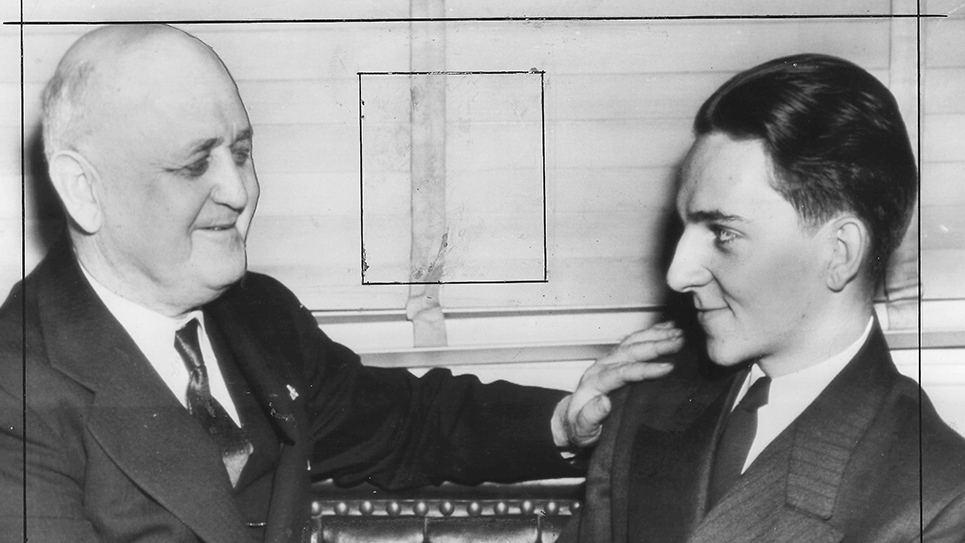By Joe Rector
Ah, the return to the classroom brings about both good and bad memories. It recalls some of the same questions I posed so many years ago. I hope I find answers to them before my time on this earth is done.
First, I still wonder what is the reason for demanding 4 years of English from every student. The same question applies to math and science. Schools should construct their curricula in ways that meet the needs of each student. If the goal of school is to prepare individuals for life’s work, then perhaps one person can survive well with 2 years of English, math, or science. Another student might need to concentrate on a core course when it directly relates to the future field of study he or she enters. A student who wants to pursue a specific trade skill might find vocational courses more beneficial than the overkill of so many years of a core courses.
Second, shouldn’t school prepare students for a well-rounded life? If so, then isn’t education much more than core courses? Music and art are those areas that bring joy and spirit to life. It’s also been proven that individuals who participate in music performance classes perform better in academic areas. These outlets allow young people to develop other talents not addressed in traditional courses of study. A dappling in them can provide much entertainment during leisure hours for the rest of a person’s life.
Along the same lines, shouldn’t a complete education include social aspects? Learning to get along with others is an important lesson. Developing a sense of loyalty and community is accomplished more effectively through sports, band, and clubs. Those activities might be every bit as important as calculus or physics since success many times is dependent upon effective communication among individuals pursuing a common goal, and they are learned in extra-curricular activities.
Third, is literature created to express the passions or musings of authors? So often, the beauty of a novel or play or poem is obscured by the insertion of endless analysis. Does the author tell of the hidden meanings of his story? Does the poet choke his message with attention to correct rhyme scheme and meter? The use of figurative language is simply to make the passage clear through comparison. In and of themselves, personification or metaphors or alliteration are of no value. The joy of literature is the reading of it, not the over analysis of it.
It’s true that I’ve been away from the classroom for several years. However, the same stale school models govern education. The demand that every person go to college is absurd. Just as one size of shirt doesn’t fit everyone, college doesn’t work for all people. Technical schools meet some needs for students. Apprenticeship programs are better suited for others. Another truth is that the old ways of education bore students stiff; they search for way to escape school as soon as possible. Education is valued only when it meets the direct needs of each student.
The good of my new role is that I merely babysit students. Only on rare occasions do I teach them. The lack of change over the last 8 years caught me off guard. I supposed that the high demand for testing and accountability had dramatically changed the educational model. Sadly, it remains the same except for the introduction of technology. I can only hope that those in charge will someday revise schools so that they address the areas that will help to make students successful in their lives.






